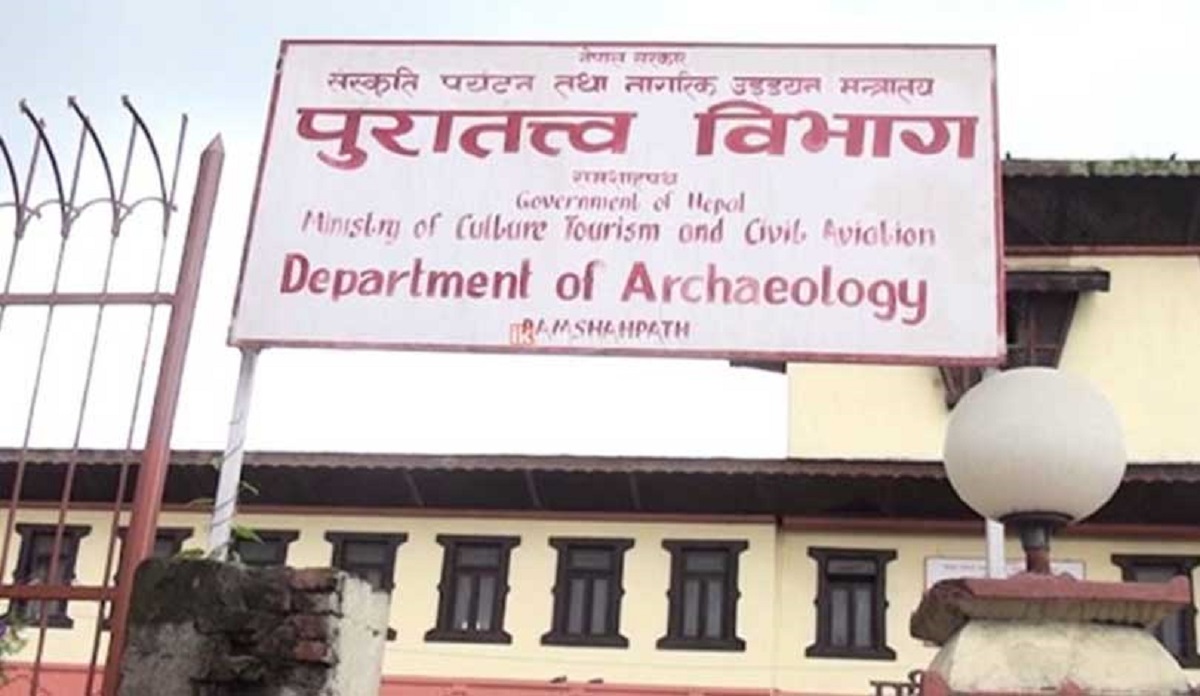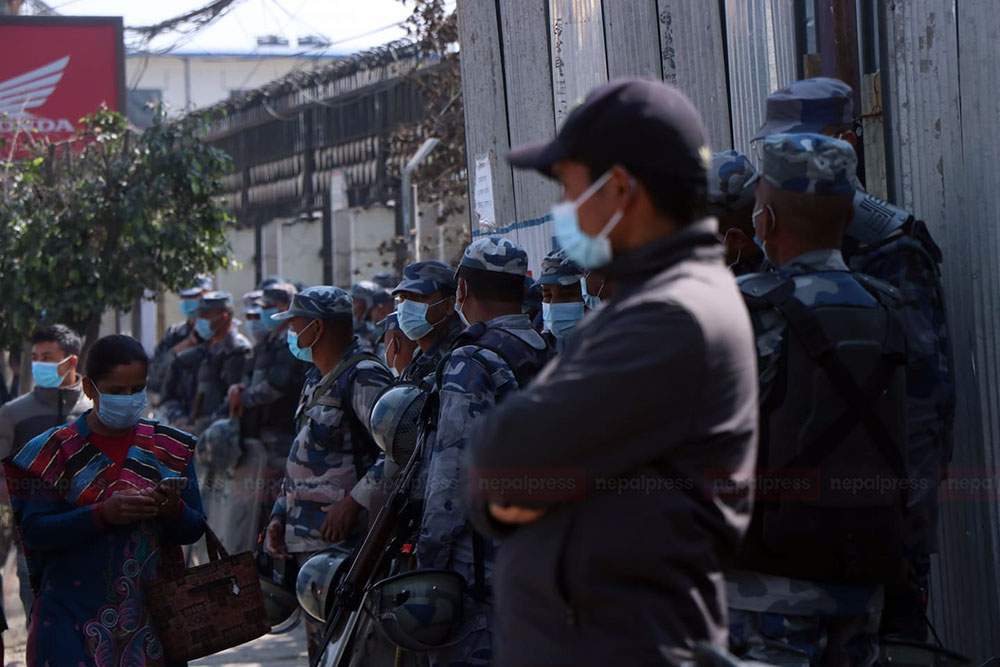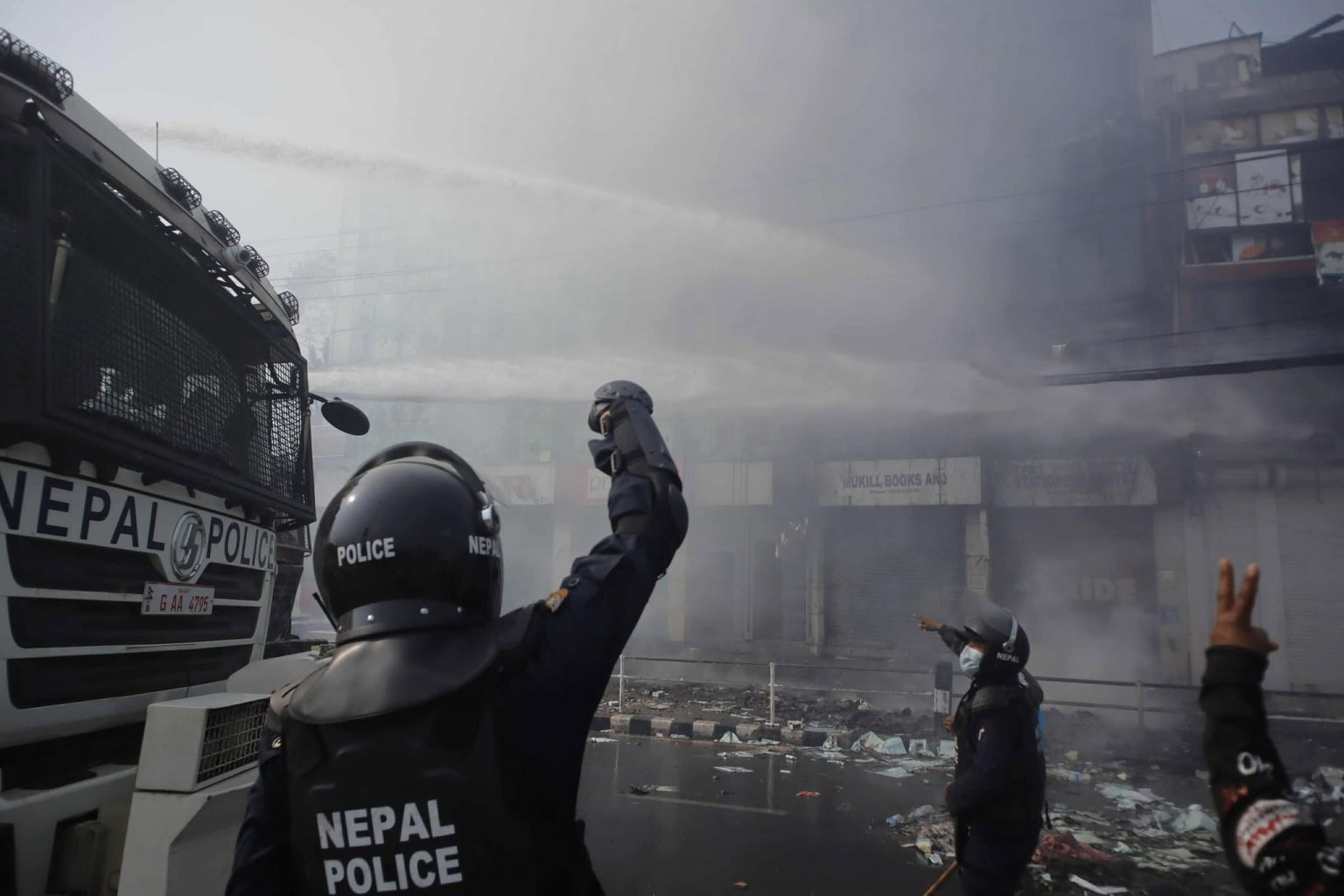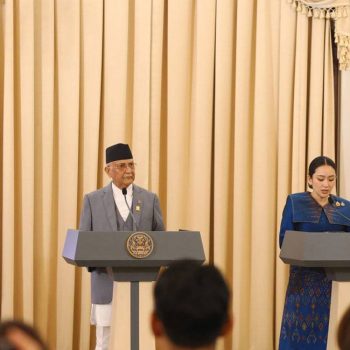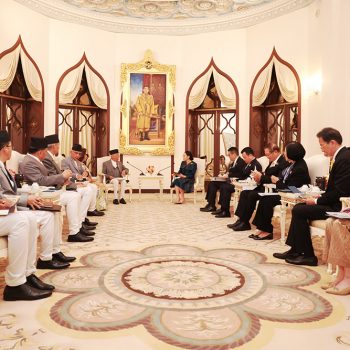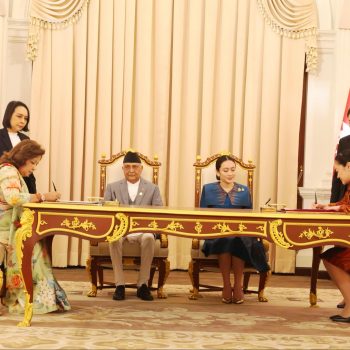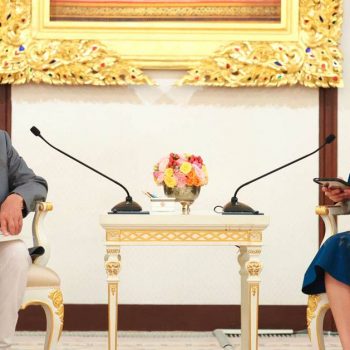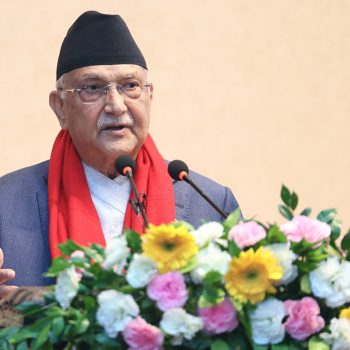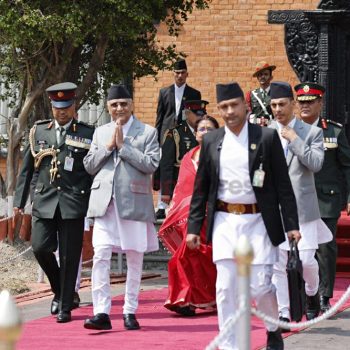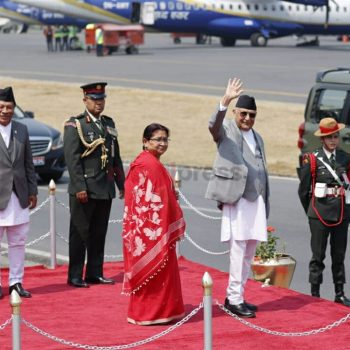India and China’s Vaccine Diplomacy with Nepal: How much vested interest?
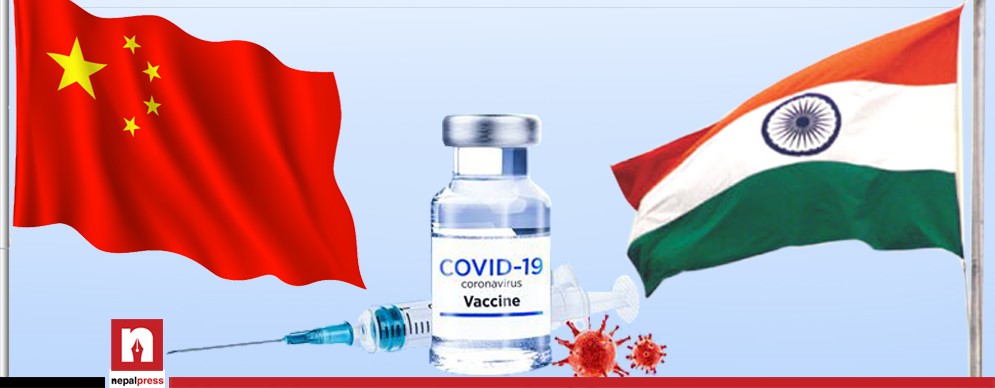
KATHMANDU: A few days ago, the southern neighbor India provided one million doses of COVID vaccine Covishield to Nepal as a grant. Now, its northern neighbor China has also offered to provide 500,000 vaccines to Nepal free of cost. Thus, the readiness shown by the two neighbors to help Nepal in the fight against COVID has been interpreted by some as ‘Vaccine Diplomacy’.
Nepal has become the second country in South Asia after India to start vaccinating against COVID. India is also vaccinating other South Asian countries except Pakistan. On the other hand, China is also distributing vaccines to various countries through grants. Therefore, government officials say that there should be no doubts about the assistance rendered to Nepal by the two countries as neighbors. However, some fear that such a bid by India and China could be a product of their desire to influence Nepal.
Foreign affairs expert Dr. Dinesh Bhattarai says that ‘Vaccine Diplomacy’ is now trending all over the world. He said that although it was natural for the powerful country to help weak nations in difficult times, there should be no other vested interests in it.
“The government of Nepal should ensure that the vaccine received through diplomatic channels is only for human health and it is not against national interest,” Bhattarai told Nepal Press. “We should not be partners when it comes to such vested interests, even if we get vaccines.”
He suggested that the country should look at the needs and welfare of the people rather than taking any kind of vaccine or assistance.
Prime Minister KP Sharma Oli’s Foreign Affairs Advisor Dr. Rajan Bhattarai says that at a time when there is a human health crisis in the world, allies should take the provision of vaccines to Nepal positively.
“We need vaccines. Neighboring countries have announced that we will be vaccinated in a situation where many countries in the world have not received vaccines. We are excited about this,” said Bhattarai. Bhattarai explained that vaccination should not be associated with political interests.
“This is a humanitarian issue. The vaccines are accepted to fulfil the goal of providing free vaccines to all Nepalis, there is no reason for Nepal to hesitate to get the necessary and appropriate vaccines,” said Bhattarai.
Since KP Oli rose to power, his relations with India have not generally been very good. During his first term as Prime Minister, he faced the Indian blockade. In the second term, the relationship seems easy on the outside but is complicated on the inside.
In particular, India is angry with Oli over the issue of Nepal issuing a map covering the Kalapani-Limpiyadhura area. Oli is adamant about bringing the territory back from India, but India does not want to discuss the issue.
When Foreign Minister Pradip Gyawali visited India a few weeks ago, Nepal raised this issue in bilateral talks, but India did not show interest. Even the Indian Prime Minister Narendra Modi did not give time to the Foreign Minister of Nepal. That was a clear indication that relations between the two countries are not smooth.
Not only did they show readiness, but they also gave 1 million vaccines to Nepal as a priority. Due to the common belief that India does not provide selfless assistance to Nepal, various arguments have been made against India’s assistance.
According to a diplomacy analyst, there are two obvious reasons for India’s support. The first is political and the second is commercial. The strategy to quell the growing anti-India sentiment in Nepal may have worked. More than that, it is trying to give the message that Nepal is under its umbrella by countering China’s growing influence in Nepal.
Regarding trade reasons, he says, “India is also trying to brand its vaccines by giving a few million vaccine grants to Nepal. At the same time, it has put moral pressure on Nepal to buy more vaccines from India in the future. It is the same as industries distributing some goods for free at the beginning of the promotion.”
Prime Minister Oli, while inaugurating the vaccines in Nepal, had said even though Nepal has started distributing vaccines from India, it has not yet decided where to get the additional vaccines. However, talks are underway with India for more vaccines.
China’s own ways
China has also offered to provide 500,000 doses of vaccine to Nepal for emergency use. Nepal is positive regarding the ‘Sinopharm’ vaccine provided by China. However, the Department of Drug Administration has not yet given permission for the vaccine.
Even if India did not provide 1 million vaccines to Nepal, China could have provided this. “China could have offered more vaccines than India if it had offered to help,” the analysts said. He further added that China giving half the quantity of vaccines than that of India proves that China is not looking at this with the point of competition.
He says Nepal has no choice but to accept the vaccine, even if there is a sense of competition among its neighbors. He adds, “Nepal needs more and more vaccines. Therefore, if the vaccine is of good quality and fulfils standards, it doesn’t matter who gives it. It is not necessary to complicate the issue by pursuing the interests of the countries concerned.”
However, China has also used not-so-diplomatic language in its letter to Nepal regarding the provision of vaccines. The letter states that if Nepal does not accept the vaccine immediately, it can be given to others and Nepal may have to wait a long time to get the vaccine in the future.
After the 2015 earthquake, India and China openly competed in declaring assistance for Nepal. Currently, it seems that the two countries have tried to take Nepal into confidence again through ‘Vaccine Diplomacy’.
However, not only India and China but other nations are also willing to provide vaccines to Nepal. Nicola Pollit, the British Ambassador to Nepal, has announced that 2 million doses of Covax vaccine will be made available to Nepal through the World Health Organization with the support of the United Kingdom.
What will be the impact of the ongoing ‘Vaccine Diplomacy’ in Nepal? This will be seen in upcoming days.




